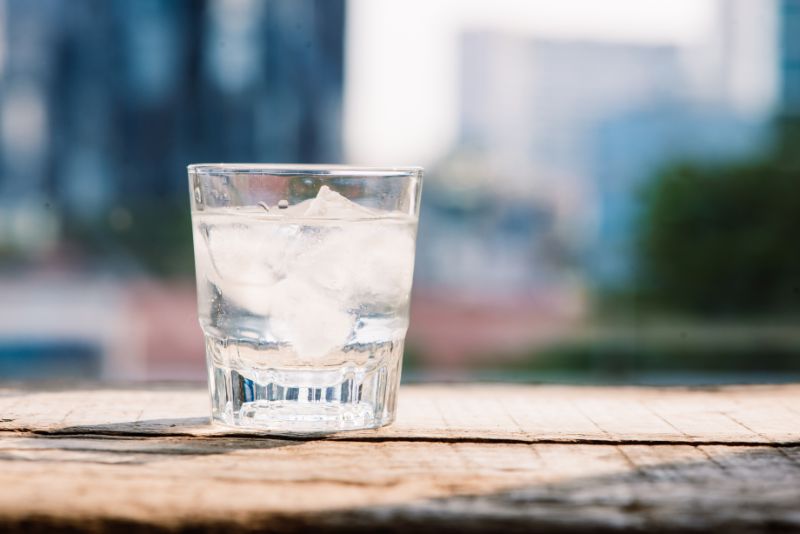What exactly is the distinction between water softeners and water filters?
While a water filter can remove contaminants like chlorine, sand, sediment, and lead from your home’s drinking water, a water softener works to soften and purify hard water.
(Looking for “Water Filtration Services“? Contact us Today!)

What are the pros and cons of water softeners?
A water softener removes the minerals that make your water hard and can even help improve the health of your skin.
It also reduces scaling and lime build-up in your kitchen sinks, dishwashers, and tubs. This makes the appliances more efficient and extends their lifespan.
In addition, it can save you money on your energy bill as your water heater doesn’t have to work as hard, which can result in savings over time.
The best water softener systems use a process called ion exchange to replace calcium and magnesium with sodium ions, making your water soft. These ion-swapping systems are the only ones that can truly remove the scale-forming chemicals in your water and make it soft.
Salt-Based Water Softeners.
The most common type of water softener, and the most well-known, uses a tank filled with salt pellets. Once the water passes through the salt, it will replace the calcium and magnesium ions with sodium ions.
These sodium ions don’t have the damaging properties that calcium and magnesium do, so your water will be safe to drink and use for cooking and laundry.
You’ll have to keep topping up the salt in your water softener, but it’s not expensive, and you can find high-quality salt at local stores for around $3-$6 per bag.
However, most people are surprised to learn that water softeners actually contain a lot of sodium. While it doesn’t taste salty, the amount of sodium that is added to your water does increase its overall salt content by about 20mg to 30mg per 8 ounces of water.
There are also some types of water softeners that don’t contain any salt at all. These water conditioners (also known as descalers) are designed to change the chemical structure of your water, preventing scale from building up in your pipes and fixtures.
But these systems don’t completely remove the dissolved rock and minerals from your water, and will still leave sticky or scummy residue on your hair, skin, and dishes. And since they don’t actually remove the dissolved rock and minerals from your hard water, you can expect to have to use a descaler in areas where you have water sitting, like in your heater.
The Bottom Line.
Both water softeners and water filters can improve your home’s water quality, but it’s important to choose the right one for your specific needs. There are many factors to consider when selecting the perfect water system for your home, so take a few minutes to learn about both options and then find the right one for you.
If you’re looking for a water filtration system to make your life easier and improve the overall health of your home, then a water filter is the perfect solution for you.

